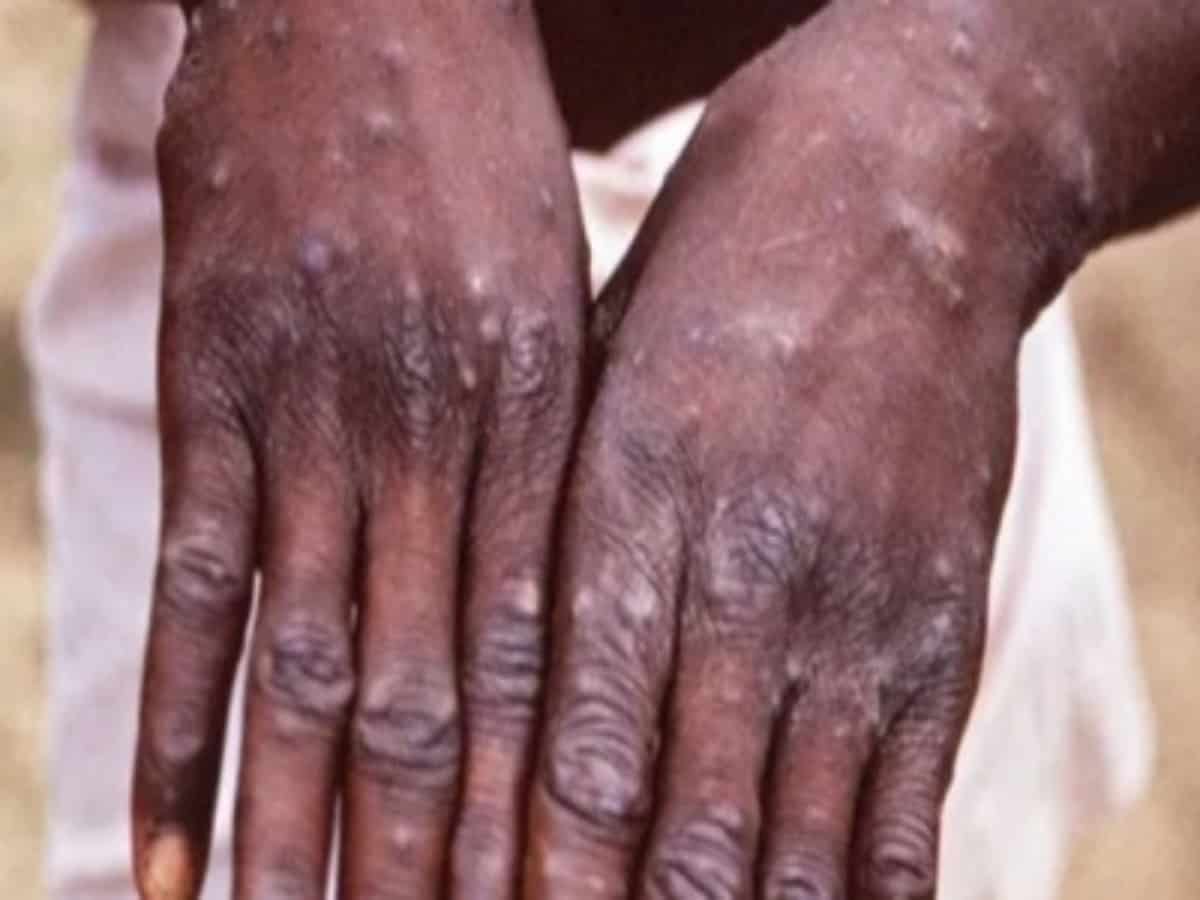
Hyderabad: A City-based pediatrician on Tuesday, August 20 shared the cause of and preventive measures against Mpox disease for which a warning has been issued.
Mpox or Monkey pox is caused by the monkeypox virus, which belongs to the Orthopoxvirus genus, the same family of viruses that includes the variola virus which causes small pox. It is an endemic disease, most of its cases are found in Central and West Africa.
Countries including Democratic Republic of the Congo (DRC), Nigeria, and Cameroon record most cases of Mpox. In these areas, the disease occurs sporadically with occasional outbreaks, particularly in rural or forested regions.
The Democratic Republic of Congo reports highest number of Mpox cases annually. Symptoms of the disease include sudden onset of fever, intense headache, Myalgia or general muscle ache, bach pain and swollen lymph nodes among others.
Lymphadenopathy is a distinguishing feature between Mpox and small pox. A person suffering from Mpox is likely to experience fatigue and frequent chills; rashes may develop in 1-3 days after the onset of fever. Initially, it appears on the face and spreads to other body parts including the palms, soles, and mucous membranes.The rash is generally painful before it scabs over.
Addressing the diagnosis of the disease, Dr K. Krishna Swaroop Reddy, a pediatric consultant at Apollo hospitals said, “Mpox can be diagnosed through characteristic rash and history of potential exposure. Tests including Polymerase chain reaction (PCR) testing of samples from skin lesions; Blood tests for virus identification. Serological tests can detect antibodies in some cases.”
Treatment for Mpox is largely supportive care focusing on relieving symptoms such as fever, pain, and dehydration. One must ensure adequate fluid intake to prevent dehydration. Pain management could be done through over the counter pain relievers to alleviate headaches, muscle pain, and discomfort from the rash. Topical treatments may be applied to reduce itching and prevent secondary infections on the skin.
Antiviral medications including Tecovirimat which is specifically approved approved for the treatment of smallpox and monkeypox. It can reduce the severity and duration of the illness; Cidofovir and Brincidofovir should be used only in severe cases or for patients with weakened immune systems, though their use is off-label and typically limited.
For preventive measures the consultant stressed on vaccination smallpox vaccines offer some protection against M Pox. Newer vaccines specifically for monkeypox are also available in some regions; avoiding contact with animals that could harbor the virus, especially in areas where the disease is endemic; isolation of infected persons to prevent the spread of the diseases.Frequent hand washing with soap and water or using an alcohol-based sanitizer.
